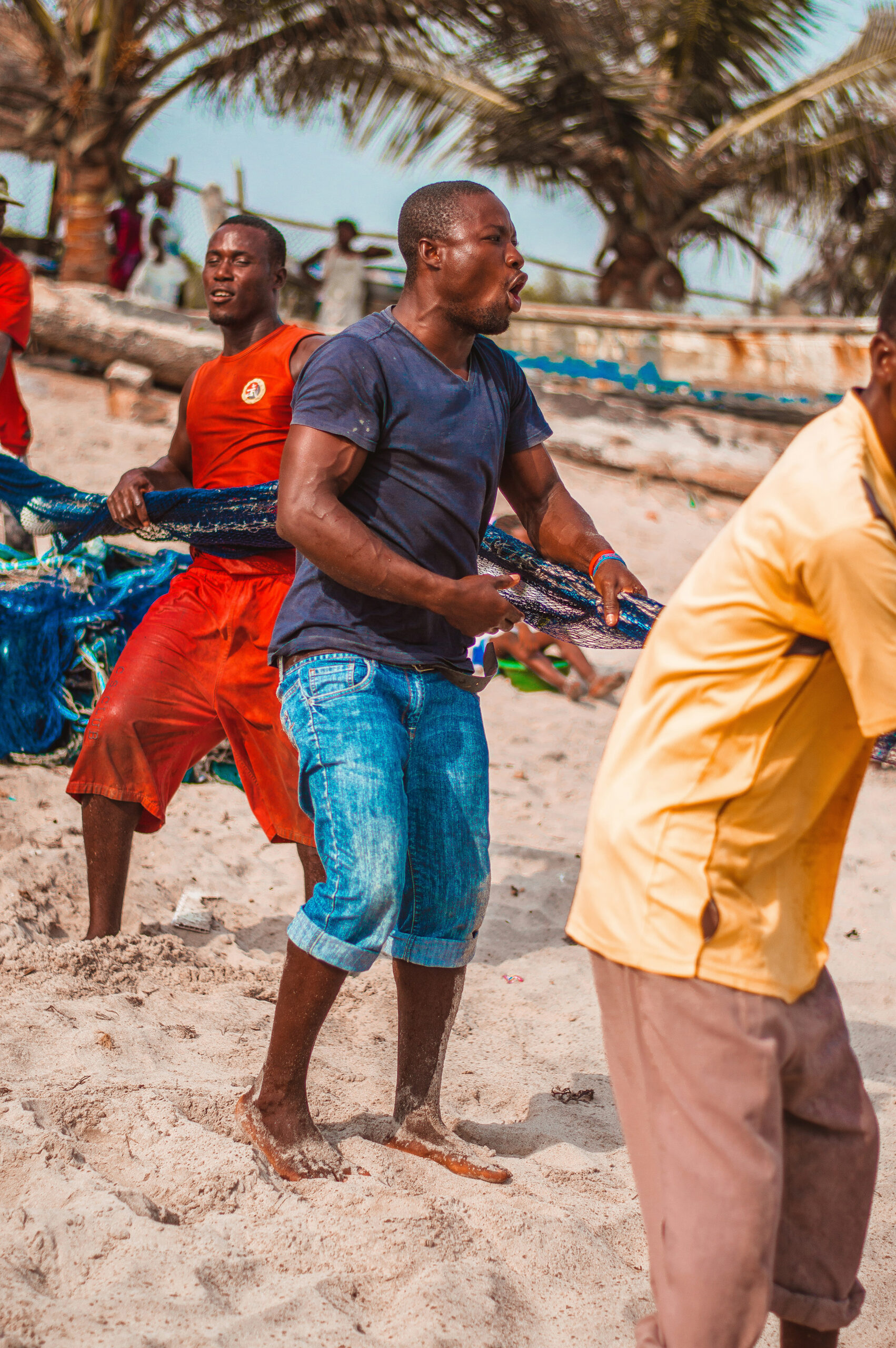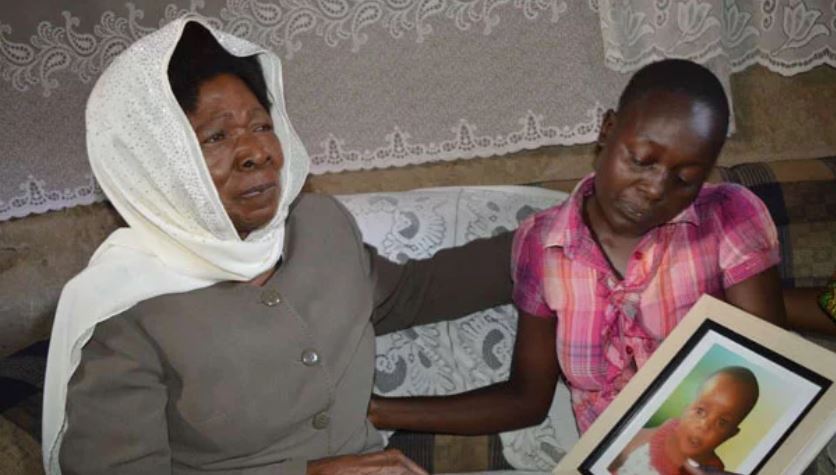The Long Wait for Justice in Kenya's Police Violence Cases

Seven years since police in Kenya killed six-month-old Samantha Pendo, justice remains a mirage for her grieving parents. The infant had been killed when police violently stormed a home in Kisumu in the wake of violence that hit parts of the country following the August 2017 elections. A case against police officers accused of the infant's death has been postponed several times, prolonging the family's emotional torture.
Her parents, Joseph Abanja and Lensachieng Achieng, say they are still waiting for the trial to take off, but every time the case is postponed, it reopens their wounds. "It is an emotional wound that will never heal," said Achieng as she spoke about how the loss had affected her life. The infant had died from a fractured skull and internal injuries when police allegedly raided the family's house and lobbed tear gas into their house.
The case has become symbolic of deeper flaws in Kenya's system of justice, especially when it comes to police accountability. The naming of police officers responsible for Samantha's death through an inquest led the DPP to begin processes to charge the officers under Kenya's International Crimes Act, a big milestone toward the liability of law enforcers for actions during operations in which civilians are killed.

However, since then, developments have oscillated between one delay and another. For some time now, the DPP has been seeking to postpone hearings of pleas, while lately, efforts to go ahead on several fronts flopped due to procedural problems, inclusive of changes of judges. His critics attack him for being more interested in protecting the accused than offering justice to the victims. Irungu Houghton of Amnesty International Kenya reacted to such reluctance in prosecution, noting systemic police violence during the 2017 election remained unaddressed.
With frustrations mounting, Samantha's parents are now seeking other ways of getting justice. They may opt for private prosecution or appeal to regional bodies like the East African Court of Justice or even the International Criminal Court if local avenues continue to fail them. "I will find a way to achieve justice, no matter what," declared Abanja, to show how determined they were in the face of overwhelming obstacles.
These continuing delays reflect not only flaws in the system within Kenya's legal system but also critical questions of police brutality and accountability in a country where such incidents have become all too frequent. As the world watches, the case of Samantha Pendo stands as a sharp reminder of the need for reform and justice for victims of state violence in Kenya.
